- 14
This epic adventure takes you to Kenya and Tanzania, two of East Africa's most beautiful...



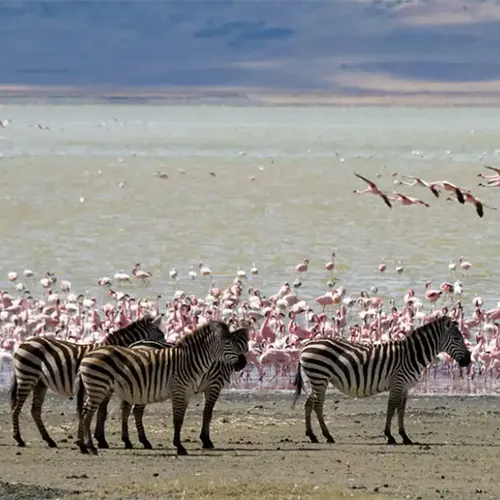
Ngorongoro Conservation Area, a UNESCO World Heritage Site, is a natural marvel cradled within the ancient caldera of a collapsed volcano. The crater’s unique topography shelters a diverse array of wildlife, earning it the nickname “Africa’s Eden.” The iconic Big Five roam freely within its boundaries, coexisting with the Maasai people who have shared this landscape for centuries.
Visitors to Ngorongoro can experience the unparalleled beauty of the crater floor, where lush grasslands provide a rich feeding ground for herbivores, attracting predators in a perpetual dance of life. Beyond the crater, the conservation area encompasses varied ecosystems, including forests, plains, and lakes, offering a complete safari experience in a compact and visually stunning setting.

Descend into the Ngorongoro Crater for a unique safari experience. Witness the diverse wildlife that calls this ancient caldera home, from herds of wildebeest and zebras to prides of lions and elusive rhinos. The crater’s enclosed environment provides an intimate and concentrated wildlife viewing experience.
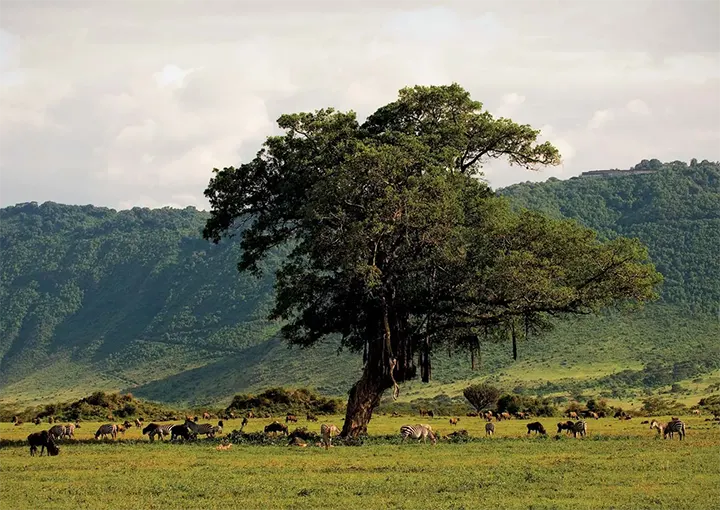
Encounter the Maasai people, who coexist harmoniously with the wildlife in Ngorongoro. Visit Maasai villages, witness traditional dances, and gain insights into their pastoral way of life. The Maasai’s deep connection to the land adds a cultural richness to the safari experience.
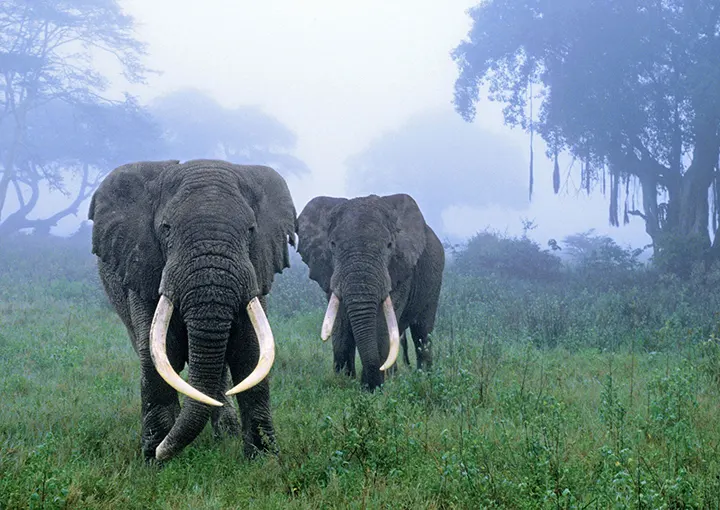
Explore the archaeological significance of Olduvai Gorge, often referred to as the “Cradle of Mankind.” This site has yielded fossil evidence of early human ancestors, providing a fascinating glimpse into the origins of humanity. The gorge adds a unique historical dimension to the conservation area.
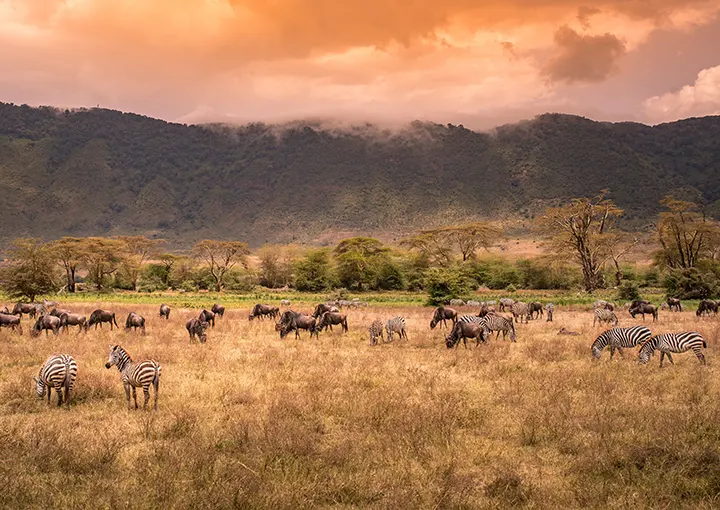
Discover the diverse ecosystems within Ngorongoro Conservation Area, from dense forests to expansive plains and soda lakes. The varied landscapes contribute to the area’s rich biodiversity, offering a range of habitats for flora and fauna. Explore the different ecosystems for a comprehensive safari adventure.
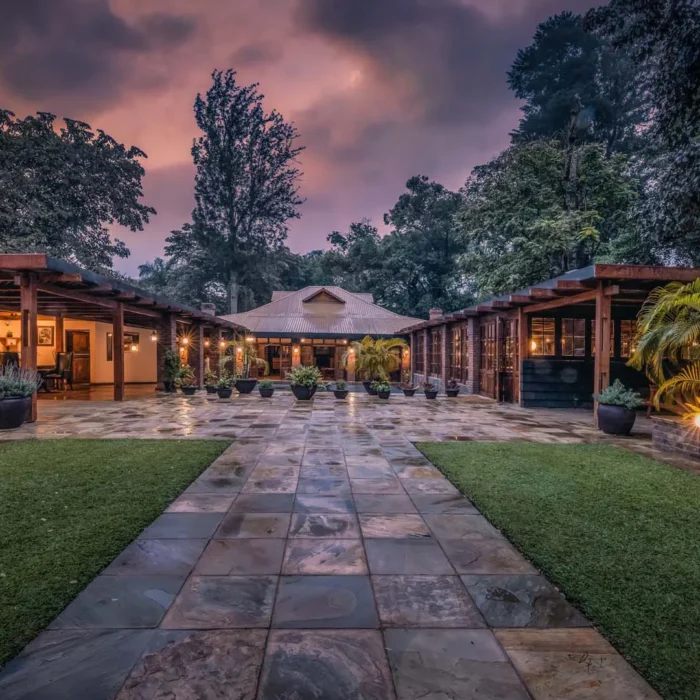
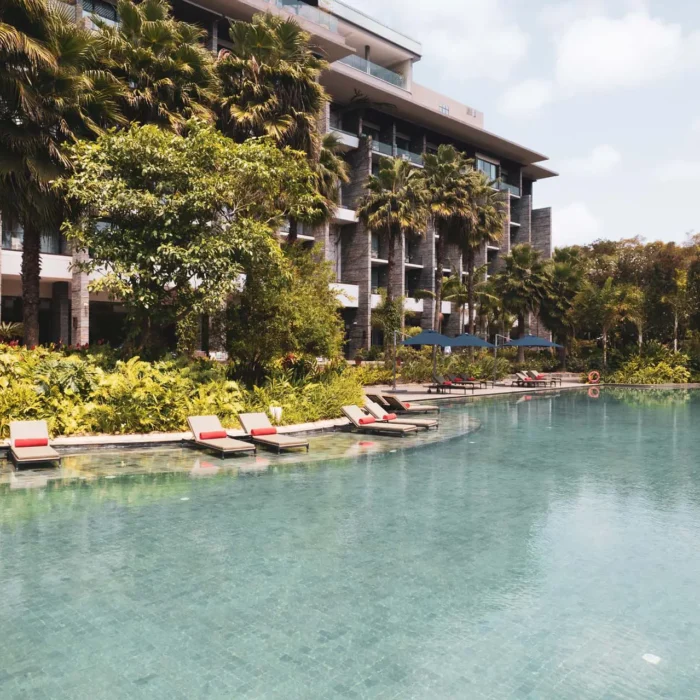
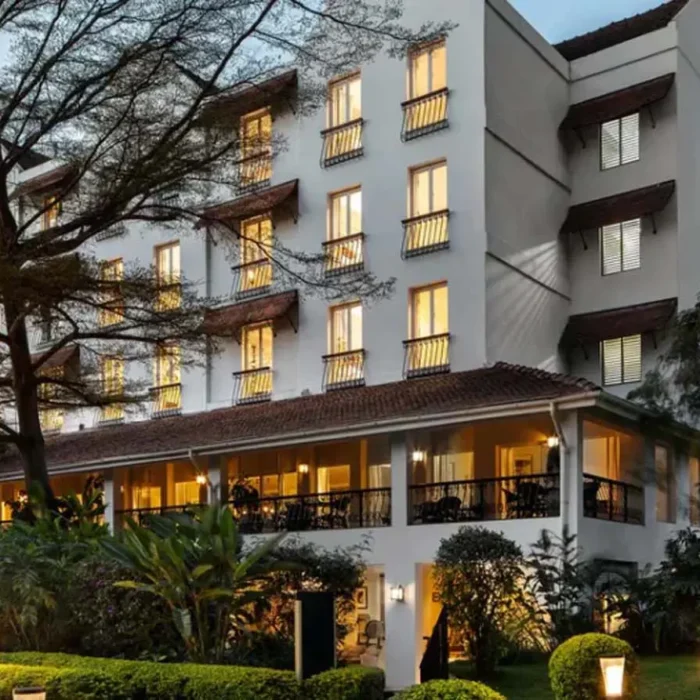

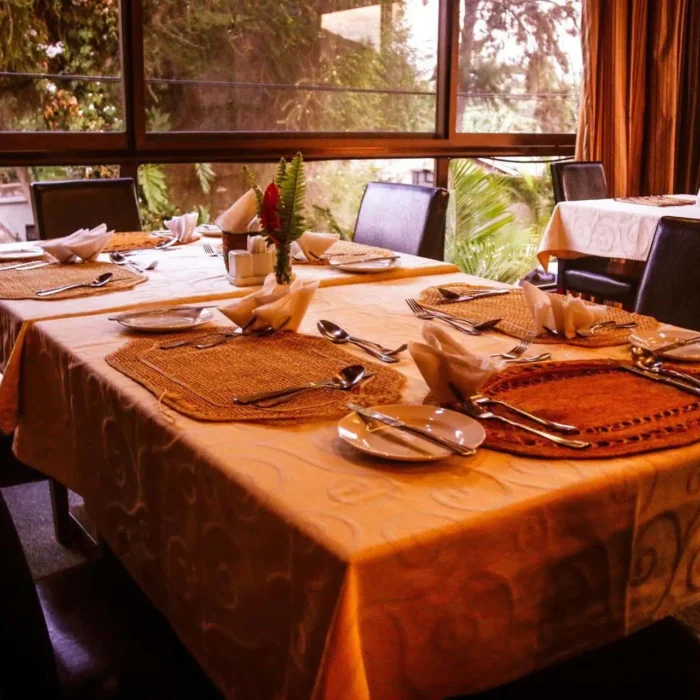
June to October
November to May
No results found.
Charles and his team organized an amazing and unforgettable tour for us.
Patrick our guide was an excellent driver and he had good connections in all parks we... read more visited to the other guides, so we got a lot of information where to find the “big 5”. Already after 2 days we saw them all.
Patrick and Charles are very gentle persons and the lodges they have selected for us have been excellent.
We started the trip in Nairobi, then 3 days Masai Mara, Lake Nakuru, Lake Naivasha, 3 days Ambroseli, Tsavo East and Tsavo West. Patrick dropt us off in Watamu at the Indian Ocean.
We all have been really happy to travel with Patrick and we really can recommend Nature Point Africa, they took perfectly care on us and made Kenya an unforgettable memory.
Regards Vera, Reinhard and Family
Highly recommend Naturepoint Africa to anyone who would like to safari in Kenya and Tanzania. Since it was two of us. Their tour manager Charles was very... read more patient who helped us to customize the itinerary to meet our needs. And their safari package price was reasonable. Accommodations are above our expectations. All the drivers at Naturepoint Africa were well knowledgeable and incredible. They worked very hard everyday to ensure we had the best possible experience. They went above and beyond to find the big 5 for us within the first 3 days . We saw dozens of lions, cheetah , hyenas, hippos and even a Great migrations of wildebeests crossing the river. Thanks for Naturepoint Africa provided memories for us that we will Cherish for a lifetime.
Simply the best - Where to start...Just got back from a 17 day journey with the Charles and Patrick that took in a good deal of Kenya. To say it was amazing is... read more by far an understatement. From the time we were met outside of the airport in Nairobi until the time we were dropped off, I could not imagine a better trip than with these 2 guys. Originally we were 2 couples traveling together but at the last minute the other couple had a tragic accident occur so we were alone. We went to so many places, and saw so many wonderful things. I never saw a person work so hard for us. Charles is easy to deal with, was always honest in his approach, and in the couple of times I decided I knew best, I was wrong and he was right. Duh. He took our ideas of what we wanted and worked up a custom itinerary that was amazing. We saw the big 5, the ugly 5, the fantastic 5 and 240 species of birds. We learned bird calls, animal calls and a few words of Kikuyu. We loved every place that Charles gave us. He offered us choices and let us decide on what we wanted. Because it was the 2 of us and we were not crammed up 8 to a bus, we could stop as long as we wanted to to watch a hunt or watch baby lions nurse their mamas. They enjoyed the animals as much as we did and that was so obvious. We wanted to eat some "real" African food and they took us a couple of times to places that they go with their families and the food was excellent. We felt safe, comfortable and at ease with them at all times. It was wonderful to have 2 people there with us rather than just a driver because everyone couple spot for game. That was a Godsend. I did see groups just bypass us while we were looking at the best stuff ever. I was a former travel agent many years ago and I travel a fair amount. This, was spectacular...not just because of the country, which was warm and accepting, but because we started as clients and ended up as friends. I suspect this would happen to most people that he would take out on a safari. I wouldn't change a thing.
Amazing Experience - One of the best experiences in my life. Charles helped me through the entire planning process and made it very clear on what I could expect once we arrived. He... read more and Patrick were awesome guides and very knowledgeable. I can't say enough great things about them and our safari. I look forward to booking with this company again in the future.
The best time to visit Tanzania for wildlife safaris is during the dry seasons (June to October and December to March), when animals are easier to spot due to sparse vegetation and concentrated water sources.
Yes, Tanzania is rich in cultural diversity, with opportunities to engage in cultural visits, interact with local communities, and learn about traditional customs, music, dance, and cuisine.
Most visitors to Tanzania require a visa, which can often be obtained upon arrival or online prior to travel. It's advisable to check the specific requirements based on your nationality before departure.
Swahili and English are widely spoken languages in Tanzania, although numerous ethnic languages are also spoken by local communities.
Yes, major international airports in Tanzania, such as Julius Nyerere International Airport in Dar es Salaam and Kilimanjaro International Airport, offer direct flights from various cities around the world.
Credit cards are accepted in major cities and tourist areas, but it's advisable to carry cash, especially in rural areas where card acceptance may be limited.
The currency used in Tanzania is the Tanzanian Shilling (TZS).
Yes, wildlife can often be seen in conservation areas, private reserves, and community-owned conservancies, offering alternative options for wildlife viewing away from crowded national parks.
While Tanzania is generally safe for tourists, travelers should exercise caution, especially in urban areas and tourist hotspots. It's advisable to stay informed about local conditions and follow any travel advisories issued by your government.
Essential items to pack include lightweight clothing, sturdy walking shoes, a hat, sunscreen, insect repellent, binoculars, a camera, and any necessary medications or personal hygiene products.
Common vaccinations recommended for travel to Tanzania include yellow fever, typhoid, hepatitis A, and malaria prophylaxis.
Yes, travel insurance is highly recommended to cover unexpected emergencies, medical expenses, trip cancellations, and other unforeseen circumstances during your trip.
Health risks in Tanzania include malaria, dengue fever, and other mosquito-borne diseases, as well as food and waterborne illnesses. Travelers should take necessary precautions and consult a healthcare provider before departure.
Yes, car rental services are available in major cities, but driving conditions can be challenging, and navigation may be difficult in rural areas. It's advisable to hire a local driver or guide for a safer and more convenient experience.
Tanzania's climate varies by region, ranging from tropical along the coast to temperate in the highlands. The dry seasons generally coincide with the best times for wildlife viewing, while the rainy seasons can vary in intensity and duration.
Tipping practices vary by service provided, but it's customary to tip safari guides, hotel staff, and restaurant servers for excellent service.
Safari adventures crafted and operated by a team born and raised in Kenya, Tanzania, Rwanda, and Zanzibar who know every detail of both countries.
Emotionally engaging journeys guaranteed through trips designed and meticulously planned in-house.
Experience stays in top-notch accommodations selected for their quality, comfort, and unique offerings, enhancing the overall travel experience.
Participate in thrilling activities curated to provide a memorable and exciting adventure during your East African safari.
Immerse yourself in the richness of local experiences, guided by a team with deep-rooted connections to the region.
Rely on an award-winning travel company recognized for excellence and commitment to providing outstanding travel experiences.








No Accommodations
No Accommodations
No Accommodations
No Accommodations
No Accommodations
No Accommodations
No Accommodations
No Accommodations
No Accommodations